50+ Sample Self Assessment
-
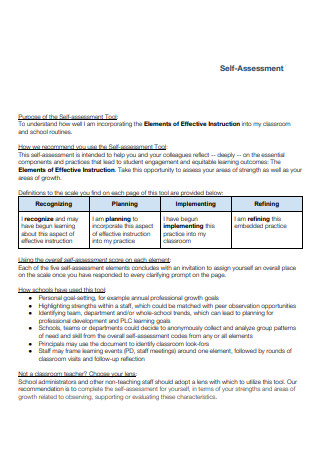
Self Assessment Template
download now -
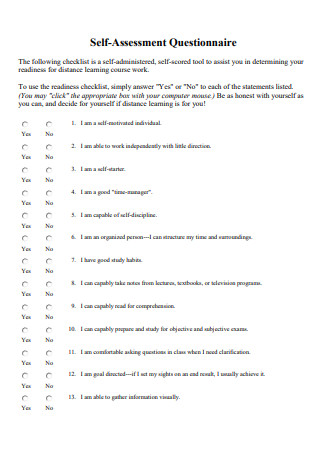
Self Assessment Questionnaire
download now -
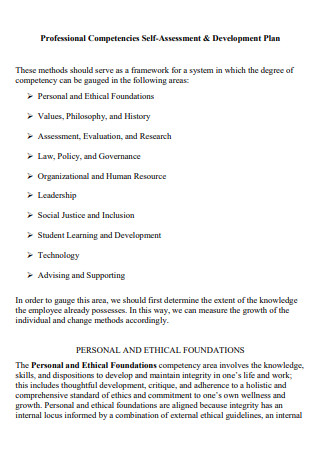
Professional Self Assessment and Development Plan
download now -
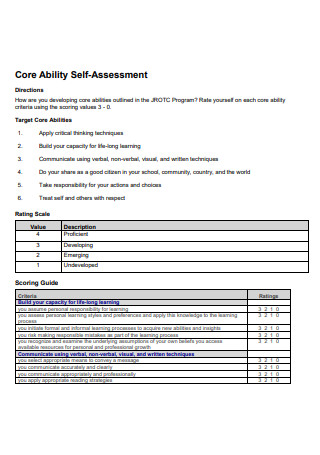
Core Ability Self Assessment
download now -
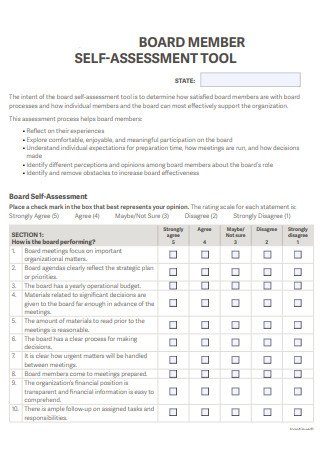
Board Member Self Assessment
download now -
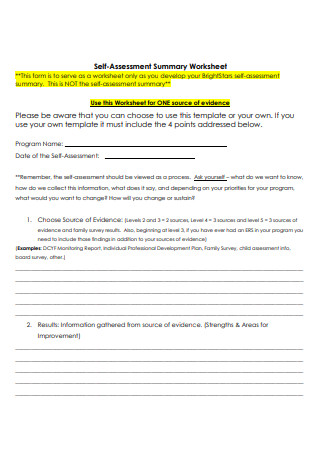
Self Assessment Summary Worksheet
download now -
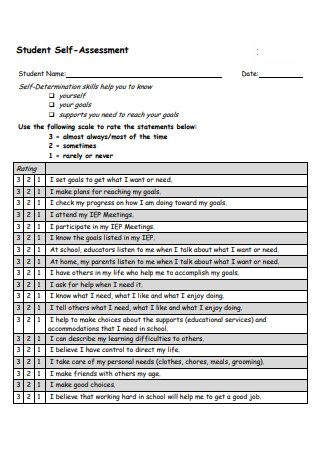
Student Self Assessment
download now -
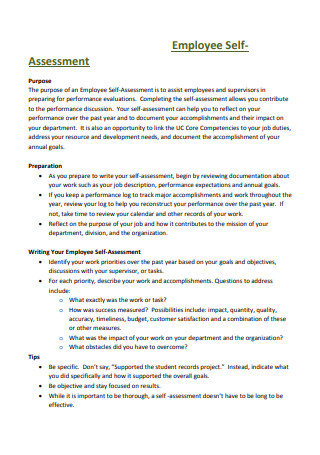
Employee Self Assessment
download now -
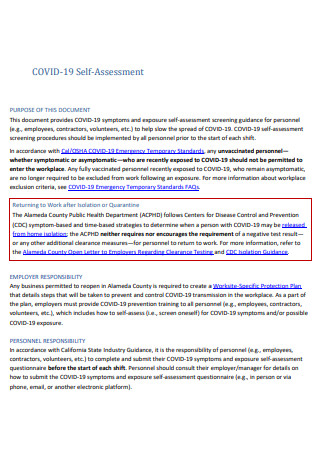
Covid-19 Self Assessment
download now -
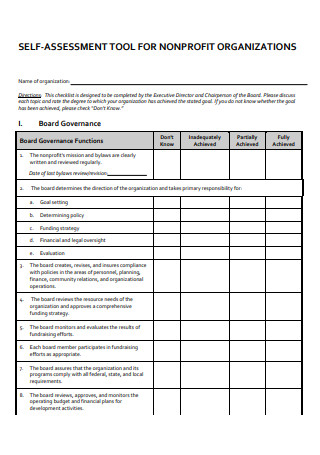
Self Assessment For Non Profit Organization
download now -
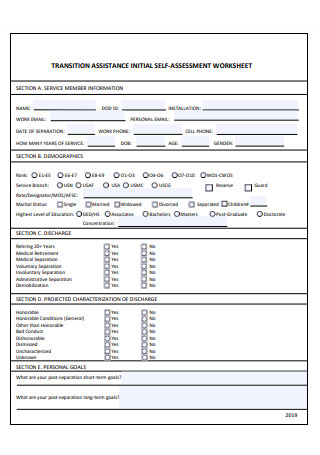
Transition Assistance Initial Self Assessment Worksheet
download now -
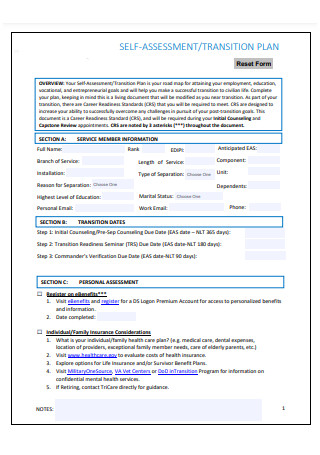
Self Assessment Example
download now -
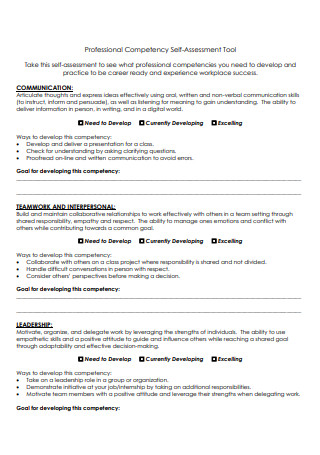
Professional Competency Self Assessment
download now -
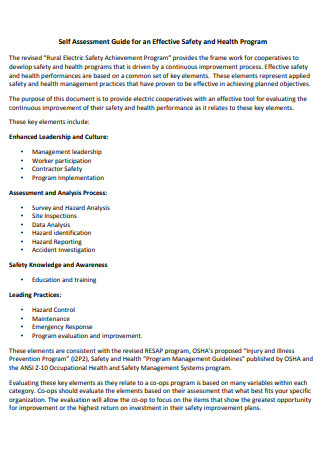
Self Assessment For Effective Safety and Health Program
download now -
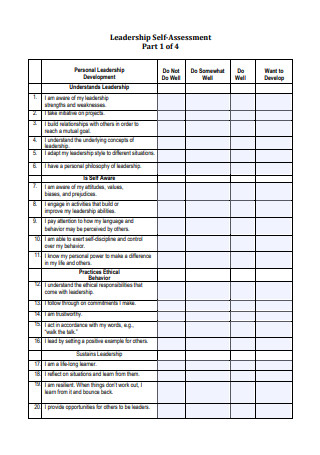
Leadership Self Assessment Template
download now -
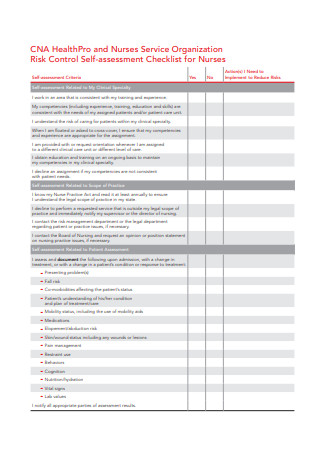
Self Assessment Checklist For Nurses
download now -
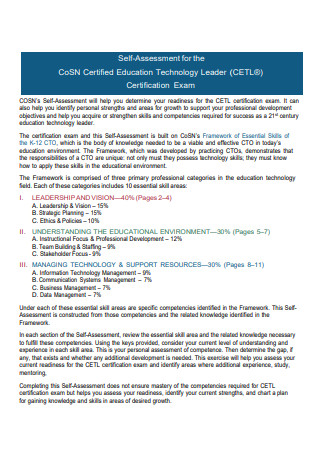
Education Technology Leader Self Assessment
download now -
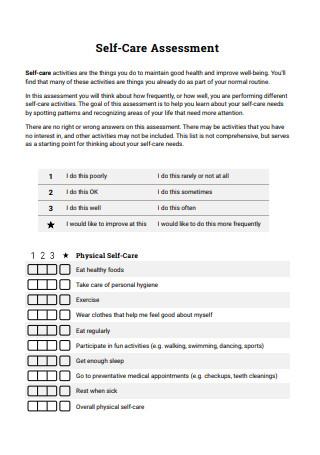
Self Care Assessment
download now -
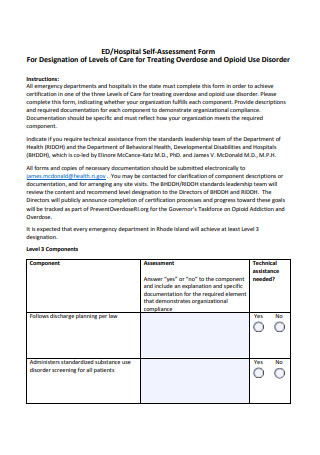
Hospital Self Assessment Form
download now -
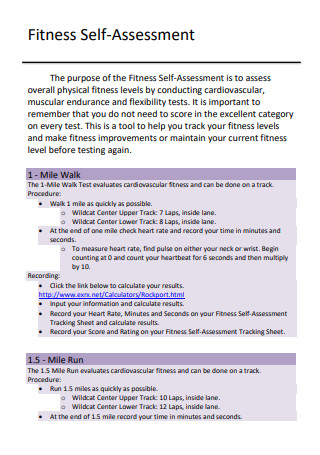
Fitness Self Assessment
download now -
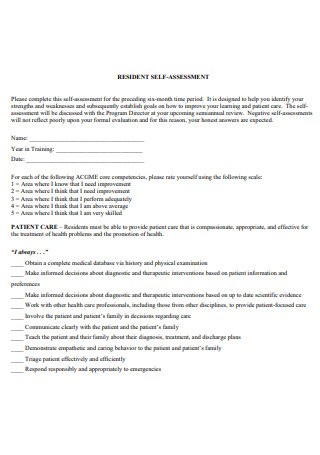
Resident Self Assessment
download now -
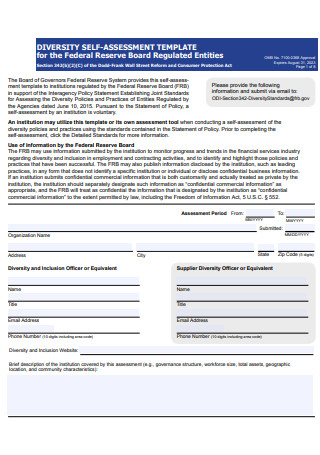
Diversity Self Assessment
download now -
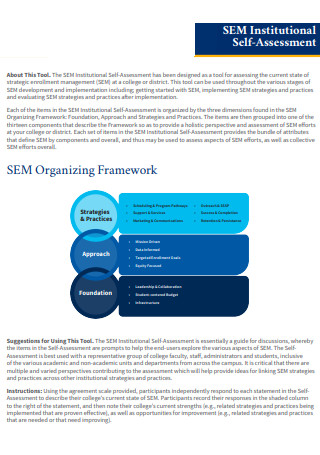
Institutional Self Assessment
download now -
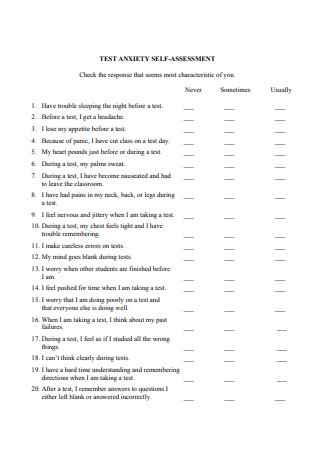
Self Assessment in PDF
download now -
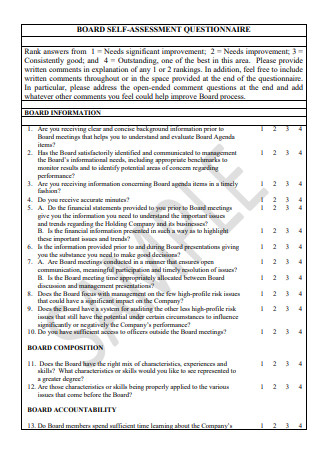
Board Self Assessment Questionnaire
download now -
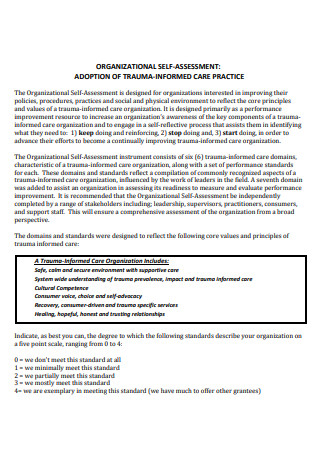
Organizational Self Assessment
download now -
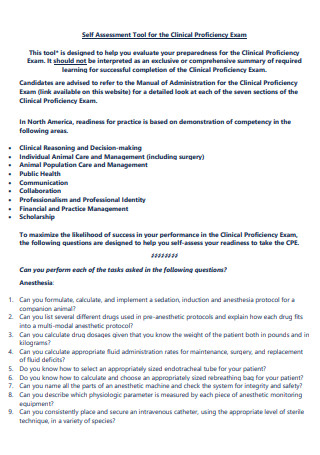
Self Assessment For Clinical Proficiency Exam
download now -
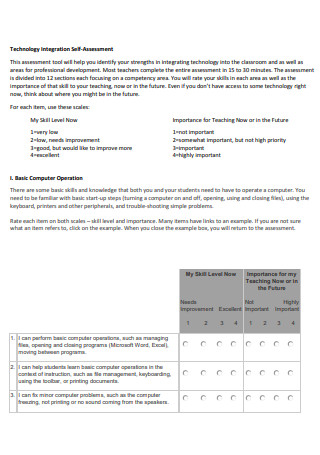
Technology Integration Self Assessment
download now -
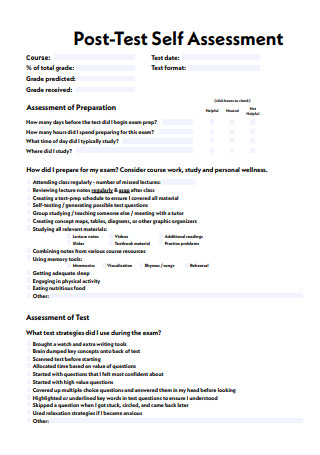
Post Test Self Assessment
download now -
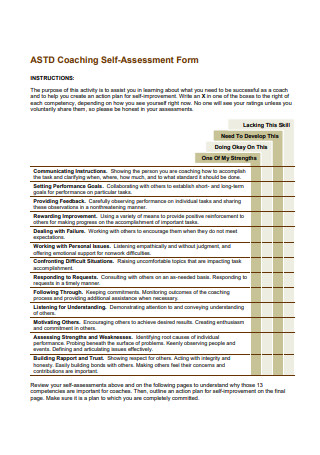
Coaching Self Assessment Form
download now -
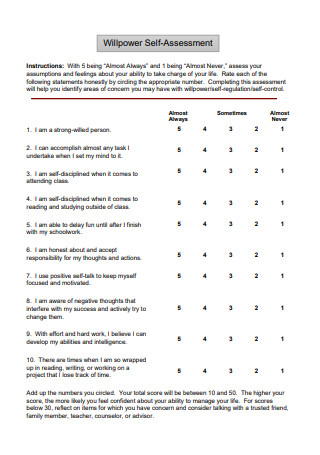
Willpower Self Assessment
download now -
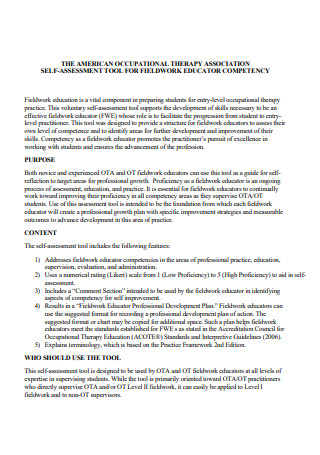
Field Work Self Assessment
download now -
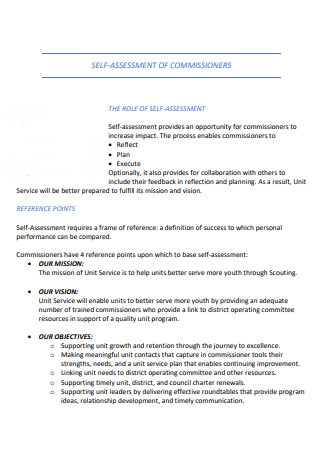
Commissioner Self Assessment
download now -
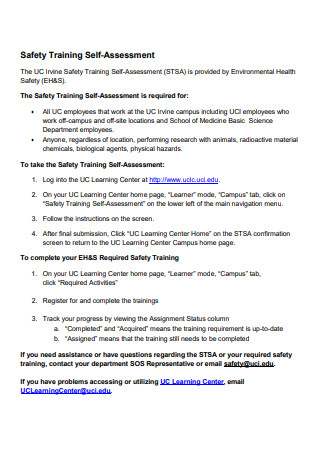
Safety Training Self Assessment
download now -
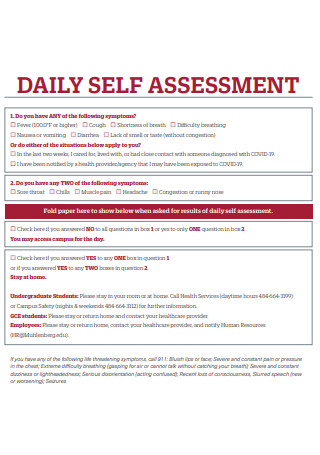
Daily Self Assessment
download now -
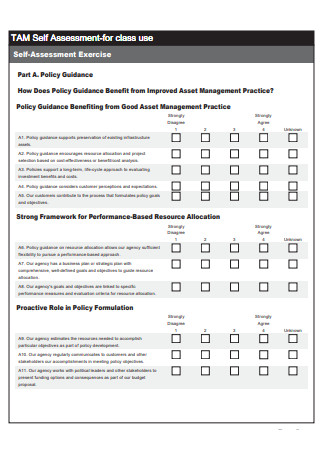
Class Self Assessment
download now -
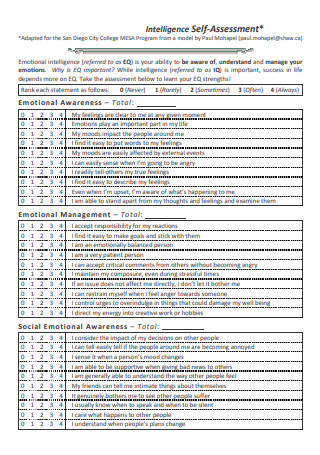
Intelligence Self Assessment
download now -
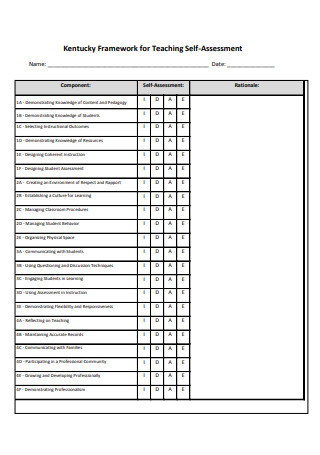
Teaching Self Assessment
download now -
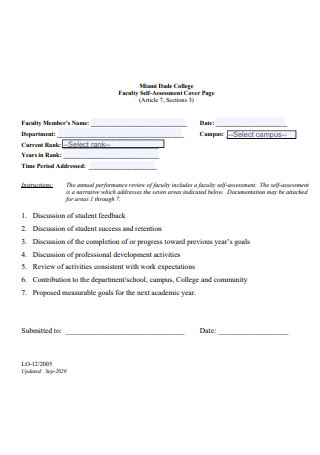
Faculty Self Assessment
download now -
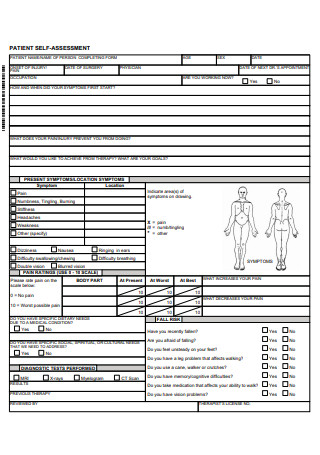
Patient Self Assessment
download now -
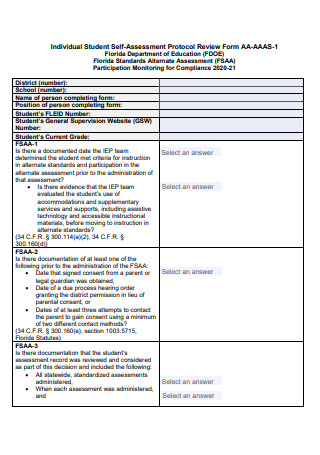
Individual Student Self Assessment
download now -
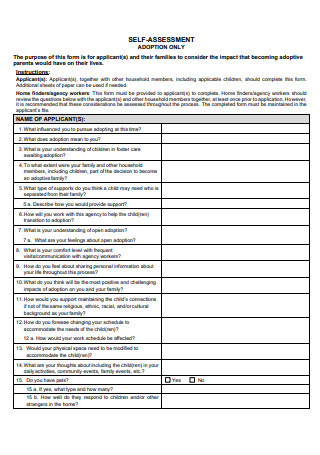
Basic Self Assessment
download now -
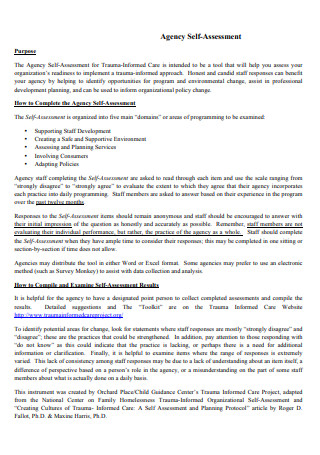
Agency Self Assessment
download now -
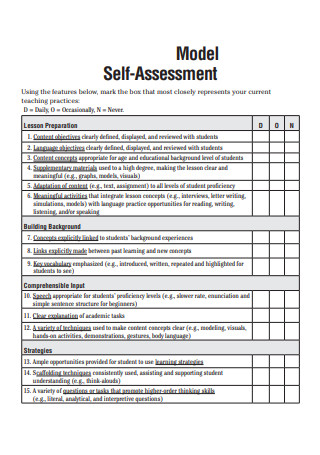
Model Self Assessment
download now -
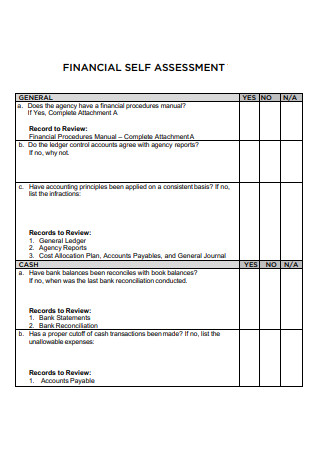
Financial Self Assessment
download now -
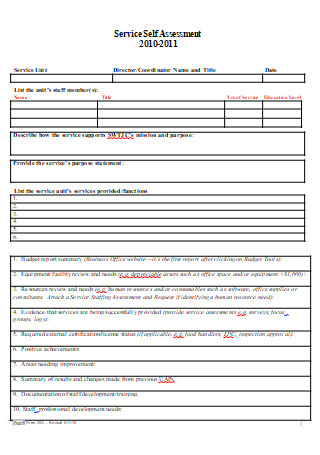
Service Self Assessment
download now -
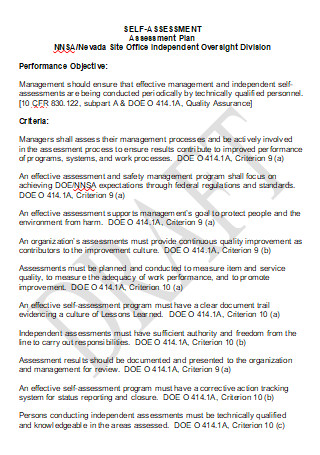
Draft Self Assessment
download now -
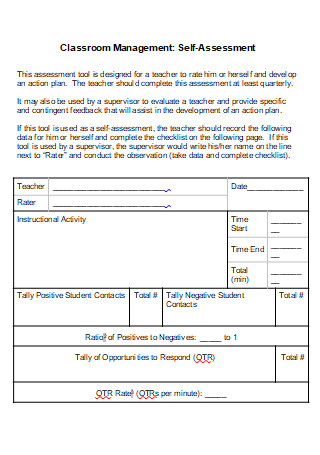
Classroom Management Self Assessment
download now -
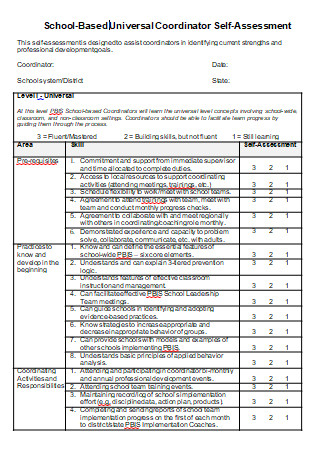
Universal Coordinator Self Assessment
download now -
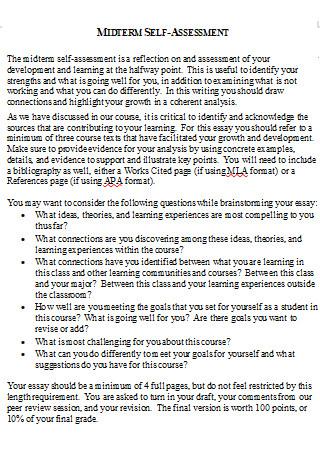
Mid-Term Self Assessment
download now -

Self Assessment in DOC
download now
FREE Self Assessment s to Download
50+ Sample Self Assessment
What Is a Self Assessment?
Benefits of Self Assessment
Characteristics of a Self Assessment
How To Perform a Self Assessment
FAQs
What are self-evaluation questions?
What is education’s definition of self-assessment?
What can I do to better myself?
What is the distinction between Self- and Peer-Assessment?
What Is a Self Assessment?
Self-assessment is not an exam. It does not produce the expected result, such as correct or incorrect replies that demonstrate knowledge of a subject. It’s a method of learning about yourself by collecting data on your work-related values, hobbies, personality type, and aptitudes. Your goal will be to locate relevant employment based on the results. Of course, you’ll have to consider other variables before making a final decision, but that will happen in the following part of the process: career exploration. What is your level of self-awareness? If you’re like most people, you’ll have to think about this question for a long time before you can answer it. You may be aware of your interests and whether or not you are a people person.
You probably couldn’t easily define what work-related values are essential to you. While you may know some skills, you don’t have a comprehensive inventory of all your abilities. Even if you could list each of your qualities, there’s a strong chance you wouldn’t know how to apply that information to locate a job that’s a good fit for you. Using a range of self-assessment techniques will assist you in putting all of the puzzle pieces together. According to statistics, learners can discover behavioral patterns and get insight into how they manage themselves and their coworkers by taking assessment tests. This self-awareness is essential for effective leadership because it fosters emotional intelligence, which 90% of top performers in the workplace possess. You learn how to handle your sentiments better and lay a basis for your leadership approach by looking inward and answering questions honestly and sincerely.
Benefits of Self Assessment
You become an engaged participant in your evaluation when you self-assess. Your participation allows you to objectively examine your strengths as well as areas where you need to improve. You’ll be able to contribute more productively at your supervisor’s review meeting after that. Here are some of its additional advantages.
Characteristics of a Self Assessment
A self-assessment must consider an individual’s work-related values, interests, personality type, and aptitudes for it to be effective. Because you are made up of all of these qualities, neglecting any of them will not provide you with an appropriate response. Let’s take a look at it below.
Values in the Workplace
The concepts and beliefs that are significant to you are your values. Autonomy, prestige, security, interpersonal relationships, assisting others, flexible work schedules, outdoor work, leisure time, and a high income are examples of work-related values. You have a better chance of reaching job satisfaction if you consider these factors while choosing a career.
Interest
Your interests are made up of your likes and dislike for numerous activities. Many years ago, psychologists recognized that persons with comparable interests prefer the same type of employment, which many career development professionals now use to help their clients plan their careers. Reading, running, golfing, and knitting are examples of hobbies.
Type of Personality
Your social features, motivational motivations, needs, and attitudes make up your personality type. Knowing your personality type can help you choose a career because certain personality types are more suited to specific jobs and work situations than others.
Aptitude
Aptitude describes a person’s natural ability, teaching ability, or capacity to learn a skill. Math, science, visual art, music, oral or written communication, reading comprehension, logic and reasoning, physical agility, mechanics, and spatial relations are just a few examples. You might have a variety of skills. It’s crucial to remember that just because you’re good at something doesn’t mean you’ll enjoy doing it. Alternatively, you might enjoy doing it but not for work. That is something to consider when making a career decision.
How To Perform a Self Assessment
Consider using a frequent self-assessment as part of your development plan to keep track of how you’ve performed at work, your successes, any further education you’ve pursued during your job, and your overall growth and development during your time there. You might also think about the steps below for conducting your self-evaluation.
Step 1: Include the necessary components.
Various crucial factors in self-evaluation assessments will help you produce a meaningful statement of your successes at work. A self-evaluation can contain things like your job and accomplishment report, how you got there, critiques of your work habits, strengths and shortcomings, and areas of your performance that could be improved. Similarly, you might want to include a request for input from your boss or bosses.
Step 2: Set a deadline for your self-evaluation.
Make a timeline of the events you want to discuss in your evaluation. You may keep track of your progress on a yearly, monthly, or weekly basis. To keep track of your accomplishments, consider utilizing a journal, spreadsheet software, or another recording approach. Keep track of the date of initiatives you performed that went above and beyond the call of duty. Specific examples of times when you achieved something might be a powerful approach to back up the comments you make in your self-evaluation.
Step 3: Give details about your accomplishments.
One of the goals of a self-evaluation assessment is to demonstrate your achievements and professional growth. Describe the projects that demonstrate your most remarkable work, as well as the activities and initiatives you’ve performed that support the company’s main objective. Highlight the projects that have added the most value to your company. Similarly, if you worked on a project with colleagues as a team, make sure to mention it in your review.
According to 2017 research, 81% of employees would consider quitting their employment for the fair offer, even if they aren’t currently looking for work. Changing jobs isn’t just about the money; 74% of younger employees would accept a pay loss in exchange for the opportunity to work at their ideal job, and 23% of job seekers wouldn’t require a pay raise to take a new position.
Step 4: Give examples of your advantages and disadvantages.
Consider your strengths and how those strengths contributed to your achievement while doing a self-evaluation assessment. Try to be precise as possible when describing your work experience. For example, if you assisted in launching a project that would have failed otherwise, include it in your evaluation. Perhaps you could get more cash or resources for the project that would not have been available if you had not taken the initiative to ask for them.
Step 5: Draw attention to your growth mindset.
Determining that you are willing to learn and improve as an employee is a vital component of a self-assessment. There may always be something you can learn from others to help you grow as a valuable member of your team, management, and company. Finding possibilities for advancement and professional development can be productive and beneficial to your career. Consider talking about your long-term career ambitions, as well as your plans for completing your work obligations and continuing your professional growth. Your employer will see how much you desire to grow with the organization if you have a growth mindset in your self-assessment.
A growth attitude can also help you tackle challenges in your profession with confidence in your ability to overcome them.
Step 6: Provide an unbiased review and maintain a professional demeanor.
Recognizing and documenting your achievements is essential for your self-evaluation assessment, but be as honest as possible with yourself. Avoid harsh words and be honest about what you write. How people perceive you in the evaluation can be influenced by your perception. Consider your audience when completing your self-evaluation, on the other hand. Consider utilizing professional language rather than a casual and conversational tone if you intend to bring your assessment to your employer’s notice. Concentrate on your performance and provide an honest review of yourself. Suppose you add criticisms or facts about your coworkers, team members, or any other staff you work with within your self-evaluation. In that case, you risk losing focus on your own assessment goals while also appearing unprofessional.
FAQs
What are self-evaluation questions?
If your organization conducts formal employee reviews, the process almost certainly includes a self-evaluation. Employees can use self-evaluations to examine their work performance and find their most acceptable assets and places for growth. Reading through a list of self-evaluation questions might help you feel more prepared for the types of questions your boss can ask during a performance review. Self-evaluation questions are questions that are designed to assist you in evaluating your work report and performance. These inquiries are normally meant to elicit thought and inspire individuals to explore what they want to achieve in their careers.
What is education’s definition of self-assessment?
Students must reflect on their work and estimate how well they performed regarding the evaluation criteria to complete self-assessment. The goal isn’t necessarily for pupils to generate their grades but rather for them to recognize what constitutes a good grade.
What can I do to better myself?
- Gratitude is a virtue to cultivate.
- Everyone you meet should be greeted.
- Consider going on a digital detox.
- Make positive self-talk a habit.
- Random acts of kindness should be practiced.
- At least one meal should be attentively consumed. Make sure you get enough rest.
- Breathe slowly and deliberately.
What is the distinction between Self- and Peer-Assessment?
Self-assessment is a type of evaluation report in which pupils evaluate their performance. It can be incredibly beneficial in assisting students in developing self-reflection, critique, and judgment and learning how to be accountable for their learning. Self-assessments are more commonly employed as part of a formative rather than a summative evaluation procedure. Peer Evaluation is a type of assessment that allows students to evaluate each other’s work. It can be incredibly beneficial in assisting kids in learning from one another by listening, analyzing, and solving problems. It allows students to experience diversity in a variety of ways, to evaluate and judge, and, in the end, learn how to be responsible for their learning.
Self-assessment are essential in assisting employees in becoming more aware of their strengths and flaws and more committed to their professional development. You can start building an effective self-assessment method as part of your company’s performance reviews by using these tips and examples.
